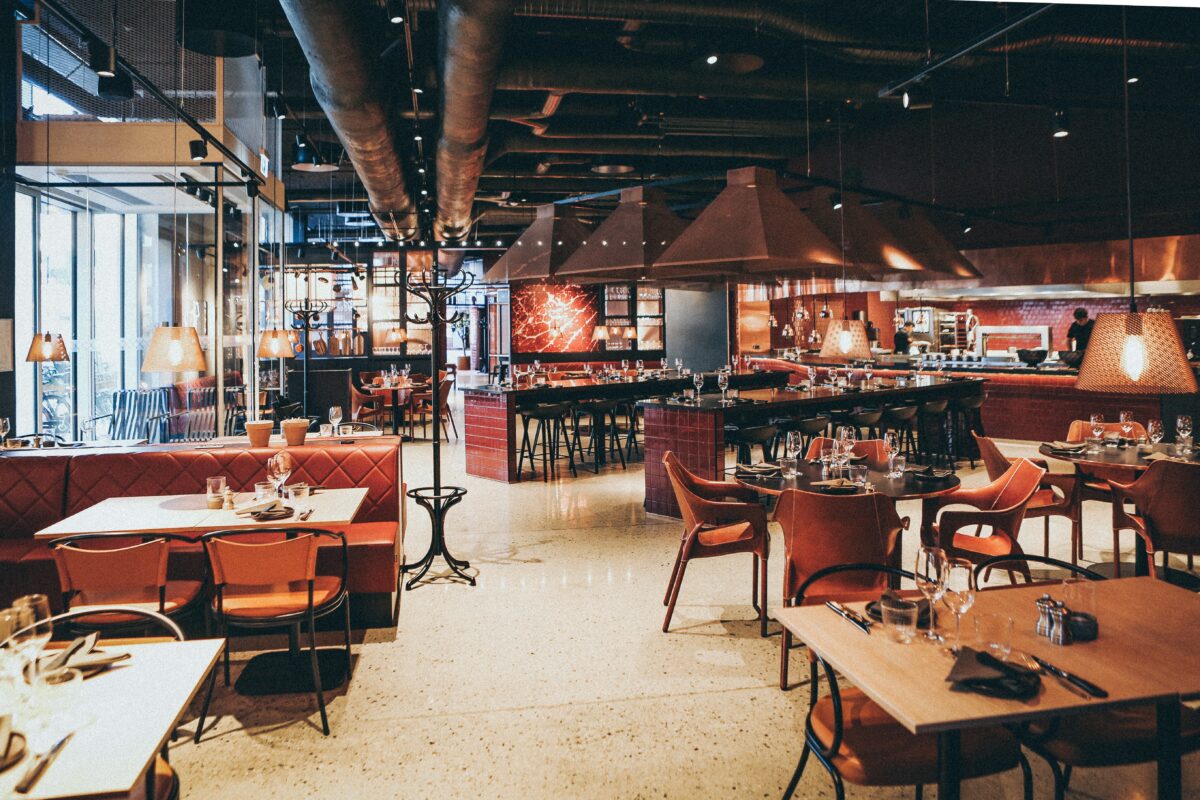Picture this: You and your friends are out for a delightful evening at a cozy New York restaurant. The food is delectable, the ambiance is charming, and you’re all having a fantastic time. However, amid this enjoyable evening, something goes terribly wrong. A patron at a nearby table suddenly chokes, and panic fills the air. Or perhaps someone slips on a wet spot on the floor and lets out a painful cry. In moments like these, it’s natural to wonder who is responsible for the unfortunate turn of events.
Can You Sue a Restaurant in New York?
When accidents or injuries occur in restaurants, the establishments themselves can indeed be held responsible. However, navigating the legal complexities of such cases requires expertise in personal injury law, and that’s where a skilled attorney comes into play.
Common Restaurant Injuries and Complaints
Before delving into the legal aspects, let’s explore some common scenarios that can lead to restaurant mishaps:
- Slip and Falls: Wet floors, spilled liquids, or even poorly maintained walkways can result in customers slipping and injuring themselves.
- Choking Incidents: Restaurants must ensure their food is safe to consume. Choking incidents due to foreign objects in food can lead to serious injuries.
- Food Poisoning: Improper food handling, storage, or cooking can cause foodborne illnesses, leading to health complications.
- Allergic Reactions: Restaurants must accurately label ingredients to prevent allergic reactions. Failing to do so can result in severe health issues.
- Burn Injuries: Hot food or beverages served at unsafe temperatures, malfunctioning equipment, or accidents in the kitchen can lead to painful burn injuries.
Essential Elements to Prove Restaurant Negligence
To have a valid personal injury claim against a restaurant, certain key elements must be established:
- Duty of Care: Restaurants have a legal obligation to provide safe food and environment for their patrons.
- Breach of Duty: It must be shown that the restaurant breached this duty of care through negligence, such as failing to clean up spills promptly or not properly vetting their staff’s food-handling practices.
- Causation: There must be a direct link between the restaurant’s negligence and the injuries sustained.
Compensation You Could Recover
If you can successfully prove that the restaurant was negligent and responsible for your injuries, you may be entitled to various forms of compensation. These can include:
- Medical Expenses: Coverage for the cost of medical treatment and ongoing care.
- Pain and Suffering: Compensation for physical and emotional distress caused by the incident.
- Lost Wages: Reimbursement for income lost due to the injury.
- Disability or Disfigurement: Additional compensation for long-term or permanent effects of the injury.
Steps to Take After Suffering an Injury at a Restaurant
Experiencing an injury in a restaurant can be distressing, but it’s essential to take the right steps to protect your well-being and legal rights:
- Seek Medical Attention: Your health should be your top priority. If you or someone else is injured, call for medical assistance immediately. Prompt medical care not only ensures your well-being but also creates a record of your injuries.
- Document the Incident: Collect evidence by taking photos of the scene, noting conditions, and gathering witness information.
- Report the Incident: Inform the restaurant staff or management about the incident. Ask for an incident report to be filed, and make sure to keep a copy for your records.
- Gather Evidence: If possible, collect evidence at the scene. This may include taking photos or videos of the hazard that caused your injury, the condition of the area, or any other relevant details.
- Identify Witnesses: If there were any witnesses to the incident, collect their contact information. Their statements may be valuable in corroborating your account.
- Preserve Evidence: Keep any physical evidence related to your injury, such as burnt clothing, foreign objects, contaminated food, or containers. These items may serve as evidence in your case.
- Contact an Attorney: One of the most crucial steps is to consult with a personal injury attorney who specializes in restaurant injury cases. They can provide you with guidance on your legal options and help you navigate the complexities of your personal injury lawsuit.
- Document Your Experience: Maintain a detailed record of your injury, medical treatment, and recovery process. Include medical bills, prescriptions, and any other expenses related to your injury.
- Do Not Communicate with Insurers: Refrain from discussing the incident or your injuries with insurance companies without first consulting your attorney. Insurance adjusters may use your statements against you to minimize your claim.
- Follow Medical Advice: Attend all medical appointments, follow prescribed treatments, and adhere to your healthcare provider’s instructions. This demonstrates your commitment to your recovery.
By following these steps, you can protect your health, preserve crucial evidence, and increase your chances of receiving fair compensation for your injuries with the assistance of an experienced attorney.
Why You Need a New York Personal Injury Lawyer
Suing a restaurant can be a complex process. An experienced personal injury attorney in New York can:
- Investigate the incident thoroughly.
- Determine liability and negligence.
- Negotiate with the restaurant’s insurance company.
- File a lawsuit if necessary.
- Advocate for your rights and maximize your compensation.
If you or a loved one has suffered an injury in a New York restaurant, don’t hesitate to seek legal assistance. The guidance of a skilled attorney can make all the difference in ensuring you receive the compensation you deserve.
Contact Kuller Law Firm LLP Today
At Kuller Law Firm LLP, we specialize in personal injury cases, including those involving restaurant accidents. Our experienced attorneys are here to support you through every step of the legal process. Don’t bear the burden of your restaurant-related injuries alone—reach out to us today for a consultation and let us fight for your rights and fair compensation. Your road to recovery starts here.


